What to Do When Kids Won't Take Herbs

If you’ve ever chased a child around the kitchen with a dropper of tincture, only to be met with a scrunched-up face and a firm “NO,” you’re not alone. Many parents want to use herbs to support their children’s wellness, but the reality is… herbs can taste strong. Bitter, earthy, spicy... sometimes all at once. And when kids refuse to take them, it can leave parents feeling frustrated and defeated.
But the good news is, there are gentle, creative ways to help kids embrace herbs, without force, bribery, or tears. It’s all about meeting them where they are, getting them involved, and making herbs part of something enjoyable.
Here are some tried-and-true tips for helping kids take (and even like!) their herbal remedies.
1. Don’t Force It
First and foremost: don’t force it. Herbs should never feel like punishment. When children associate natural remedies with negative emotions... like being forced, tricked, or shamed, it can make them resistant to trying them again later in life.
Instead, keep the atmosphere light and positive. Offer choices (“Would you like it in juice or applesauce?”), and if they’re really not into it, take a break and try again later. Herbs work best when our bodies and minds are relaxed, not when we’re tense or resistant.
A spoonful of patience is just as important as a spoonful of herbs.
2. Make It Taste Better
The simplest way to get kids to take their herbs? Make them taste better!
Some tinctures are naturally sweet and kid-friendly, especially those made with organic glycerin instead of alcohol. Earthley has several glycerin-based formulas that many families say even their picky kids love:
Nourish Me Naturally – A daily multivitamin blend made from whole herbs, gently sweet and fruity, designed to support healthy growth and development.
Elderberry Elixir – Rich in antioxidants and immune support, this formula has a naturally sweet berry flavor kids recognize and enjoy.
Feel Better Fast – A comforting herbal blend for general immune support and discomfort that’s surprisingly mild and pleasant, even for sensitive palates.
Infant Tummy Relief – Designed for babies but gentle enough for anyone, this one has a naturally sweet, mild taste that makes it easy to take.
Starting with sweet, glycerin-based tinctures helps kids associate herbs with something enjoyable instead of “yucky medicine.”
3. Mix It Into Foods or Drinks
If a tincture tastes too strong on its own, try blending it into something your child already loves. You can mix herbs into:
Juice (grape, apple, or orange work great)
Smoothies (especially with banana, berries, or yogurt)
Applesauce or yogurt (a few drops blend right in)
Honey or maple syrup (just a drizzle to help mask the taste)
Popsicles (mix the tincture into the liquid before freezing)
For younger children, a small spoonful of something naturally sweet, like applesauce or mashed banana... can disguise herbal flavors beautifully.
A good rule of thumb: mix the tincture into something room temperature or cooler. Heat can affect the flavor and potency of certain herbs.
4. Get Them Involved
One of the best ways to help kids appreciate herbs is to include them in the process. Let them:
- Help measure or mix herbs into drinks.
- Smell each herb and describe what it reminds them of.
- Help stir a homemade tea or syrup.
- Pick out which flavor or tincture bottle they want to use.
Kids are naturally curious and hands-on learners. When they get to touch, smell, and taste herbs in a low-pressure, playful way, it helps them connect with the process, and they often become more willing to try what they helped create.
If they’re old enough, show them how herbs grow! A little potted mint, lemon balm, or chamomile plant in the kitchen can make herbs feel magical and familiar.
5. Teach Them the “Why”
Kids are more likely to cooperate when they understand why something matters. Use simple, positive language to explain what the herbs do for their bodies. For example:
- “This helps your tummy feel calm.”
- “These herbs give your body vitamins to stay strong.”
- “This one helps your body rest when it’s tired.”
- “These drops help your body fight the sniffles.”
Keep it simple and empowering... not scary or medical. When kids understand that herbs help their body do what it already knows how to do, it gives them a sense of ownership and confidence.
6. Make It Routine
Herbs often work best when taken consistently, and routines make everything easier. You might give tinctures:
- With breakfast (like a morning vitamin)
- Before nap or bedtime (especially calming blends)
- After meals
- Alongside brushing teeth or washing hands
When herbs become part of everyday rhythms, they stop feeling like a “thing to take” and start feeling like a normal, comforting part of life.
Consider using a small basket or tray to keep tinctures organized in one place, visible enough to remember, but out of reach of little hands.
7. Lead by Example
Children notice what we do more than what we say. When they see their parents taking herbs and enjoying them, curiosity and trust grow naturally.
Take your own tinctures alongside your kids, maybe even make it a family moment: “Let’s all take our drops together!” Seeing grown-ups take herbs calmly and confidently helps kids feel that it’s normal, safe, and maybe even a little fun.
8. Use Creative Presentation
Sometimes, it’s all in the delivery. A little creativity goes a long way! Try:
- Calling tinctures by fun names like “berry drops,” “super juice,” or “magic vitamins.”
- Using cute little cups or colorful spoons for serving.
- Playing music or singing an “herbal cheer” when everyone takes their drops.
- Letting them decorate their own herbal bottle label (for older kids)
These tiny touches help take the stress out of herbal routines and make them something kids look forward to.
9. Sneak It In (When Necessary)
If all else fails, it’s okay to be sneaky, with love. Adding tinctures to smoothies, oatmeal, yogurt, or even homemade popsicles can make herbal support easy and stress-free.
As long as you’re still getting the herbs in, and your child feels supported (not tricked), it’s a win.
10. Celebrate Small Wins
When your child takes their herbs, even just a few drops... celebrate it! Offer praise, high-fives, or an encouraging word. Building positive associations helps them feel proud of taking care of their body.
And if they refuse one day? That’s okay. Herbs are a long game. With consistency, patience, and a little creativity, they’ll get more comfortable over time.
The Bottom Line
Helping kids take herbs doesn’t have to be a struggle. When we stop fighting against them and start working with them, making it sweet, simple, and empowering... herbs become something families can enjoy together.
Choose blends that taste great (like Nourish Me Naturally, Elderberry Elixir, Feel Better Fast, and Infant Tummy Relief) and keep the process playful and flexible. The goal isn’t perfection; it’s creating lifelong comfort and trust with natural wellness.
Because when kids grow up seeing herbs as friends instead of foes, that’s when the real magic happens.
Check out these products!
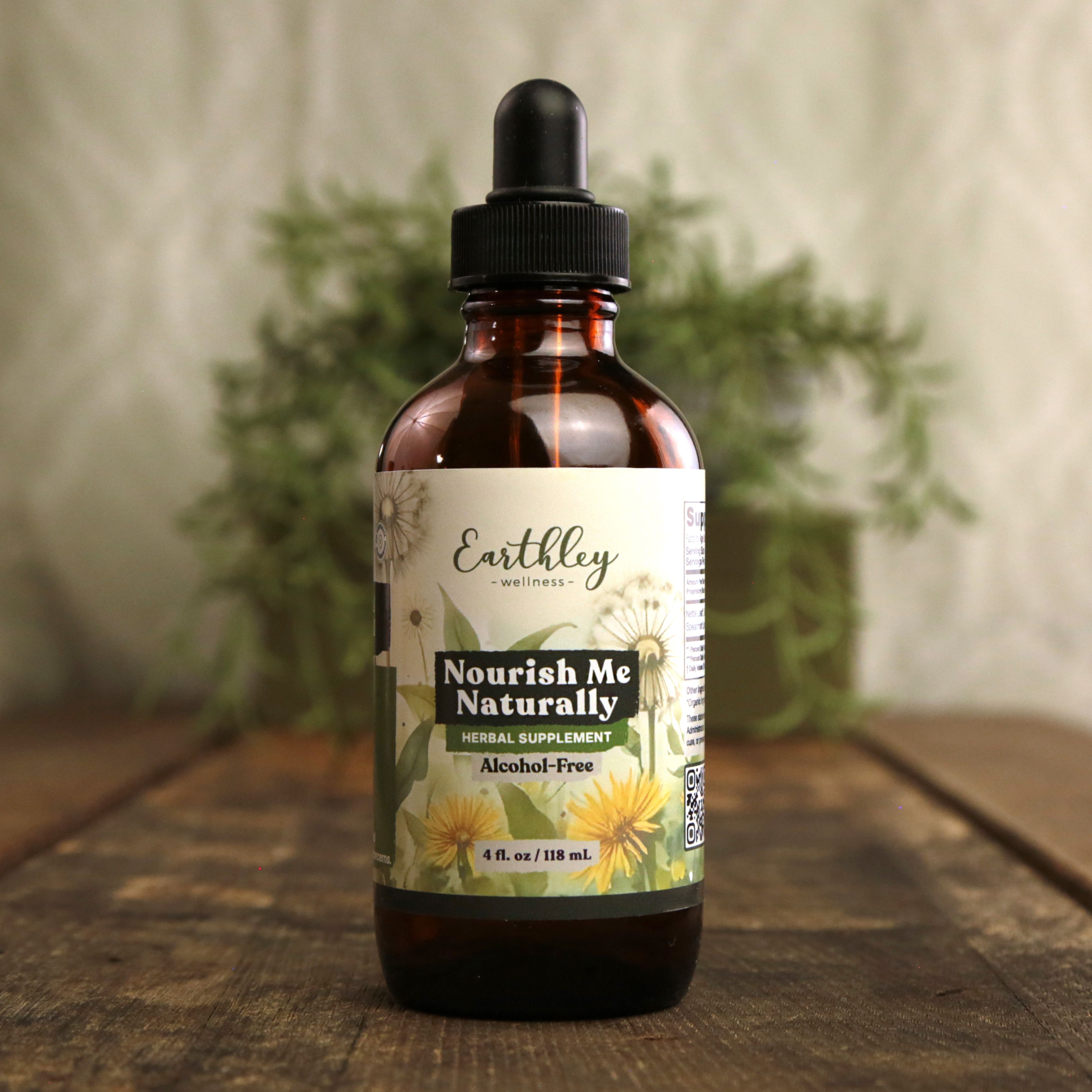
Whole, natural nutrition for all

For general immune support and cold symptoms
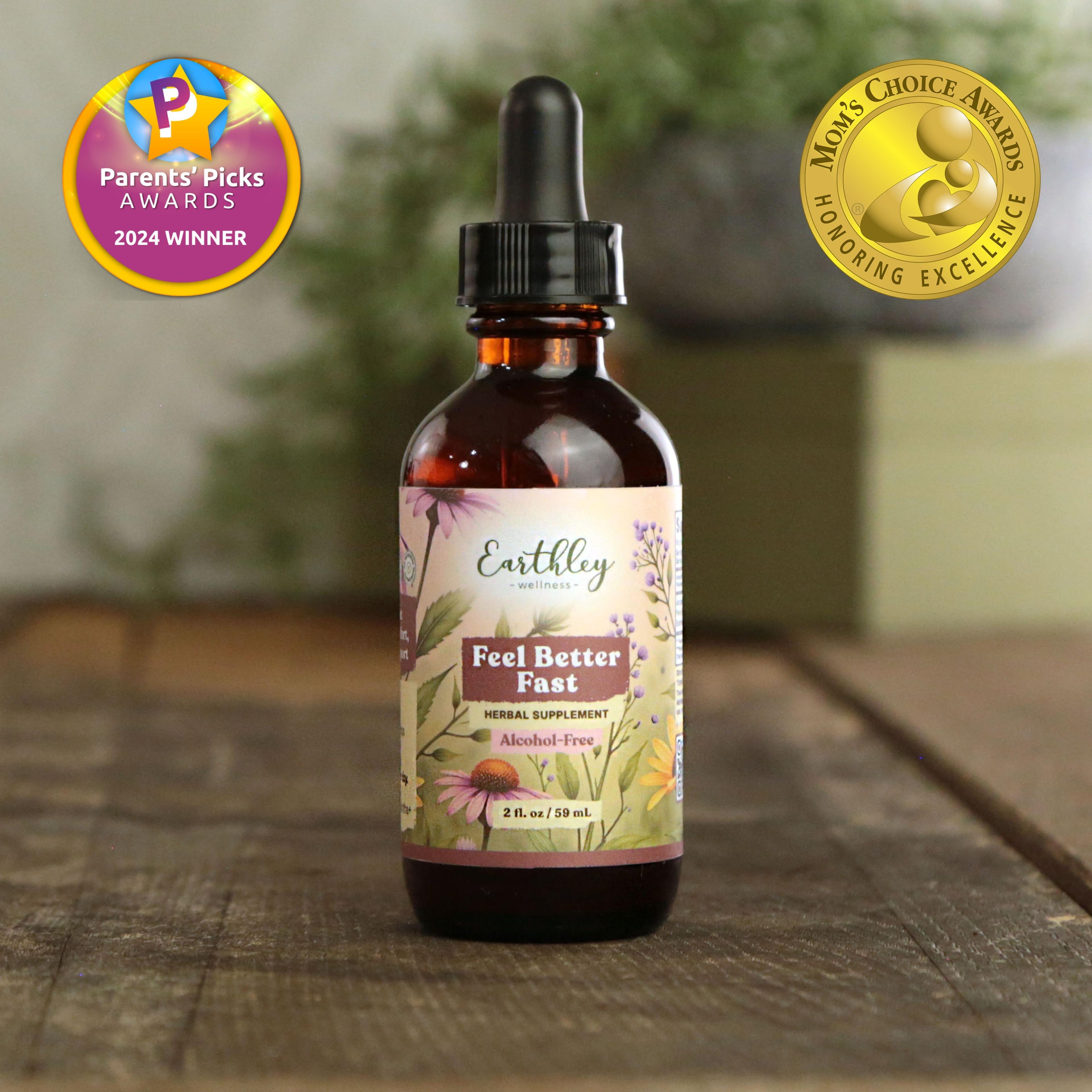
For fever, upset stomach, discomfort, and immune support
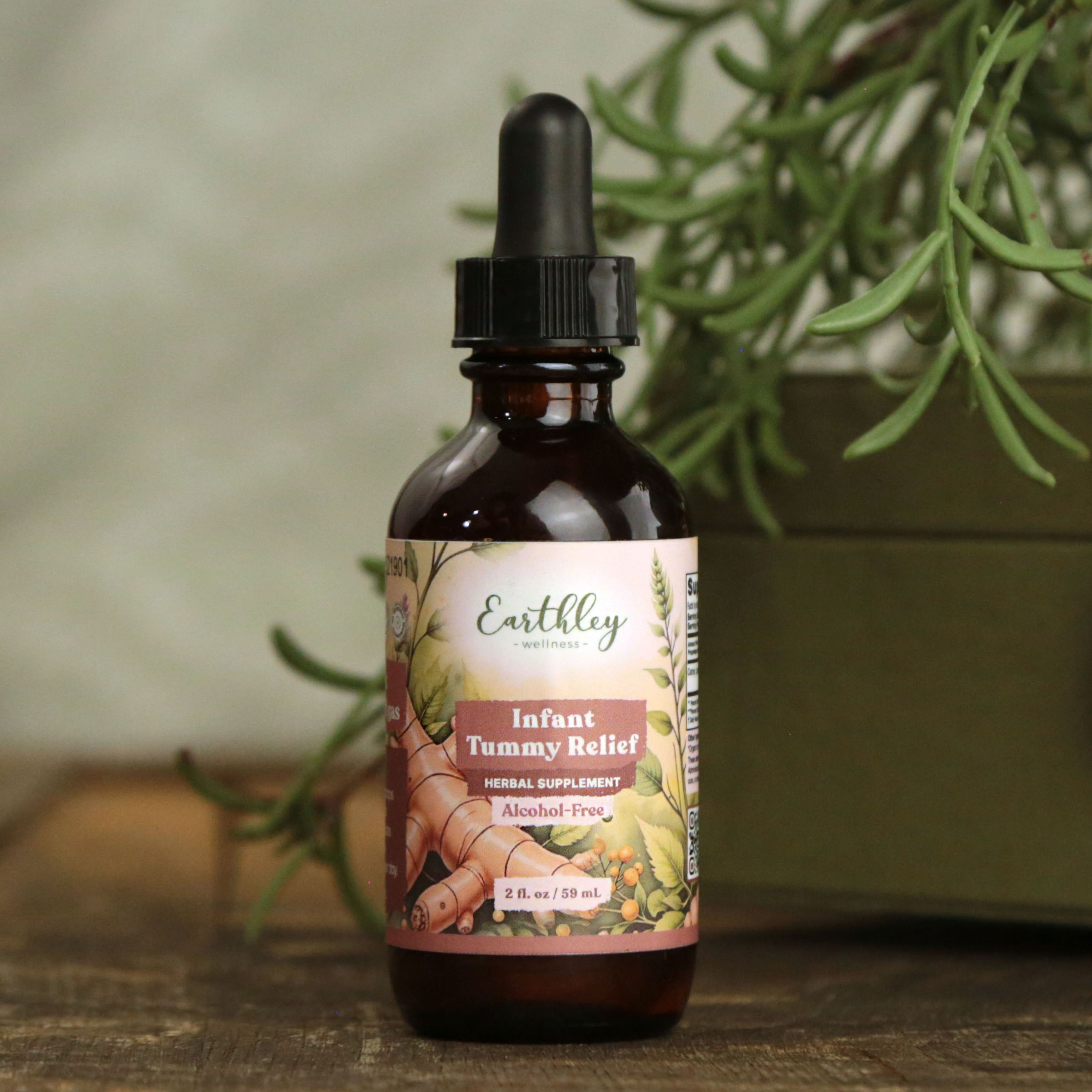
For upset tummies and gas for the whole family
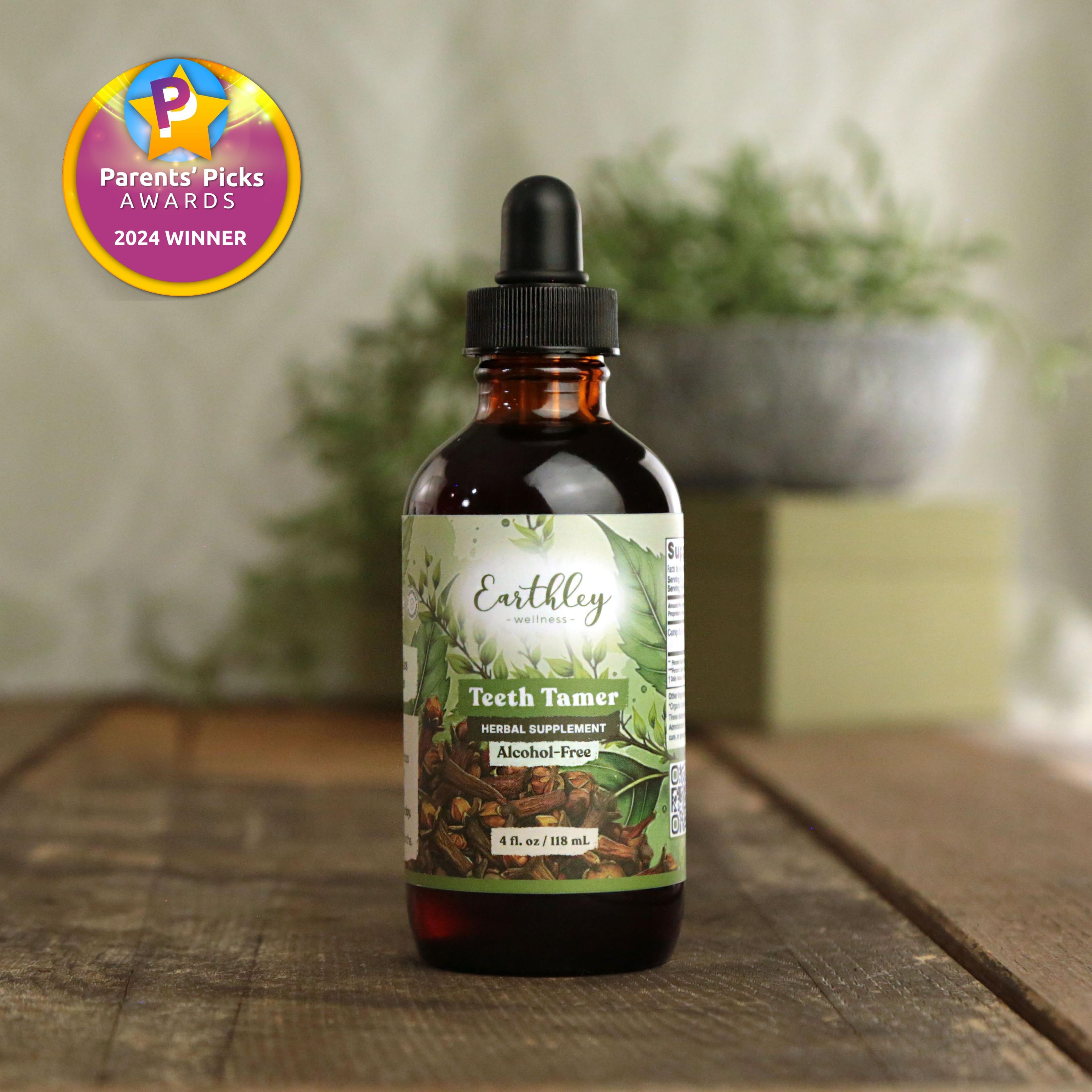
For teething babies and toothaches
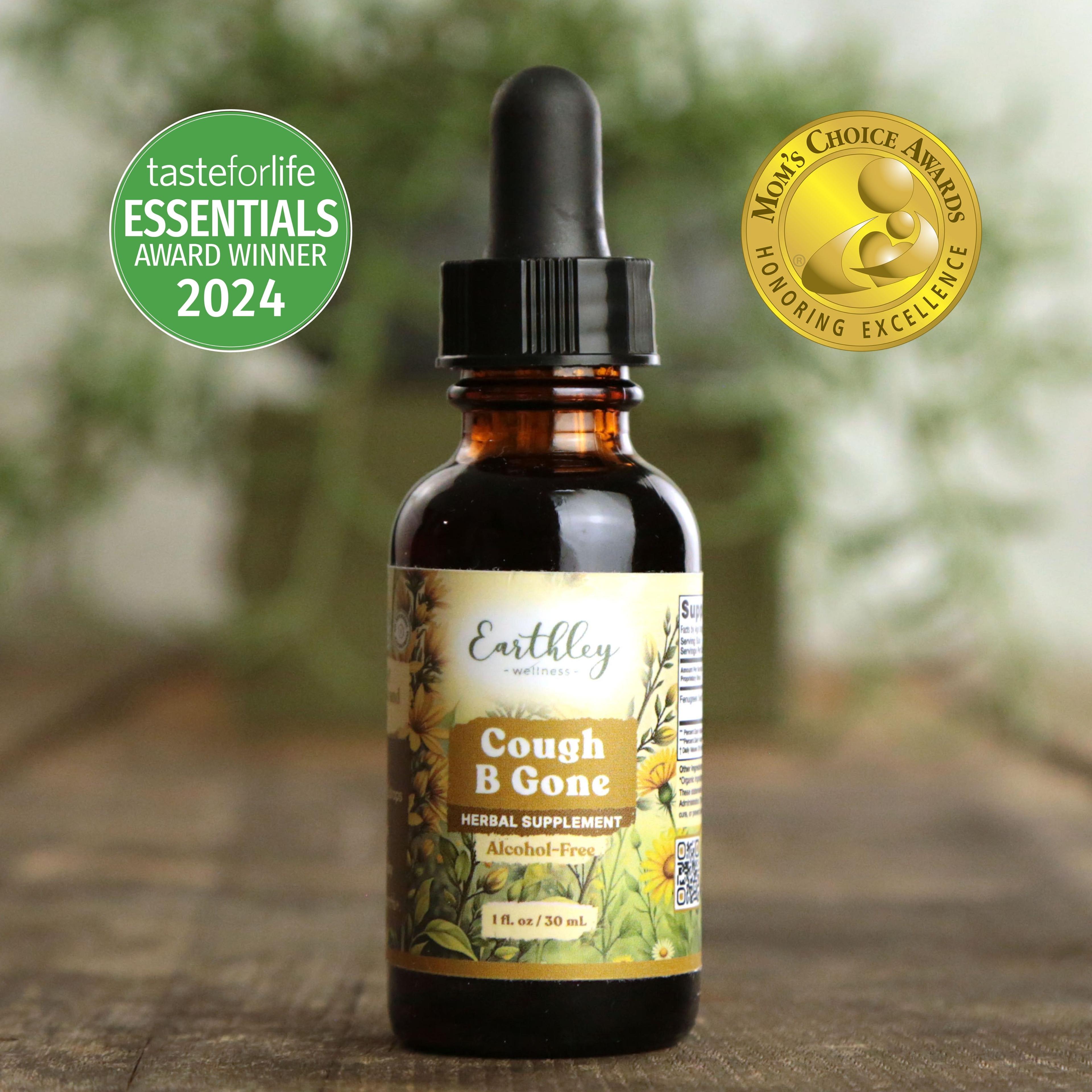
For the relief of occasional coughs and congestion
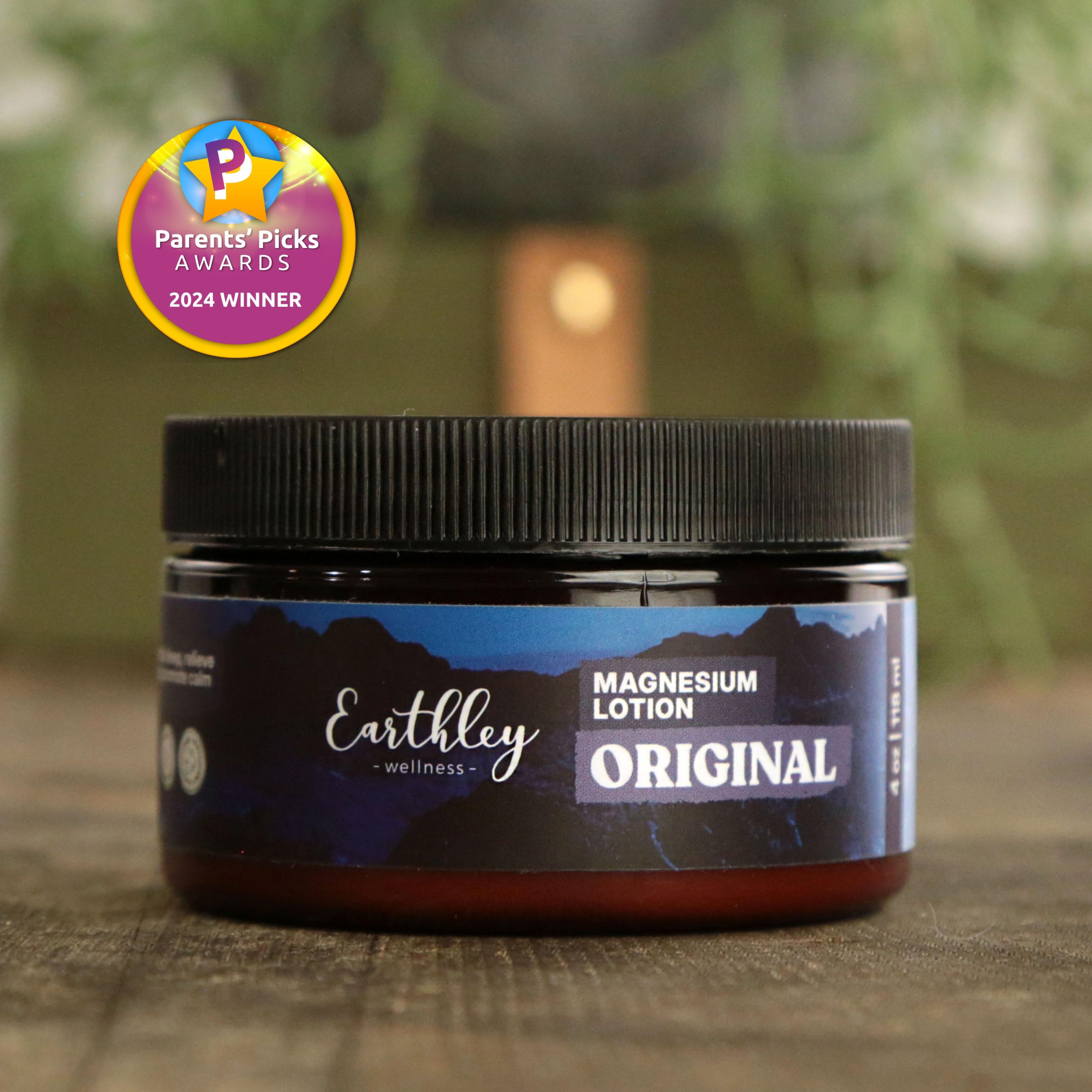
For healthy sleep and magnesium (NEW! Moonlight Bloom scent)
